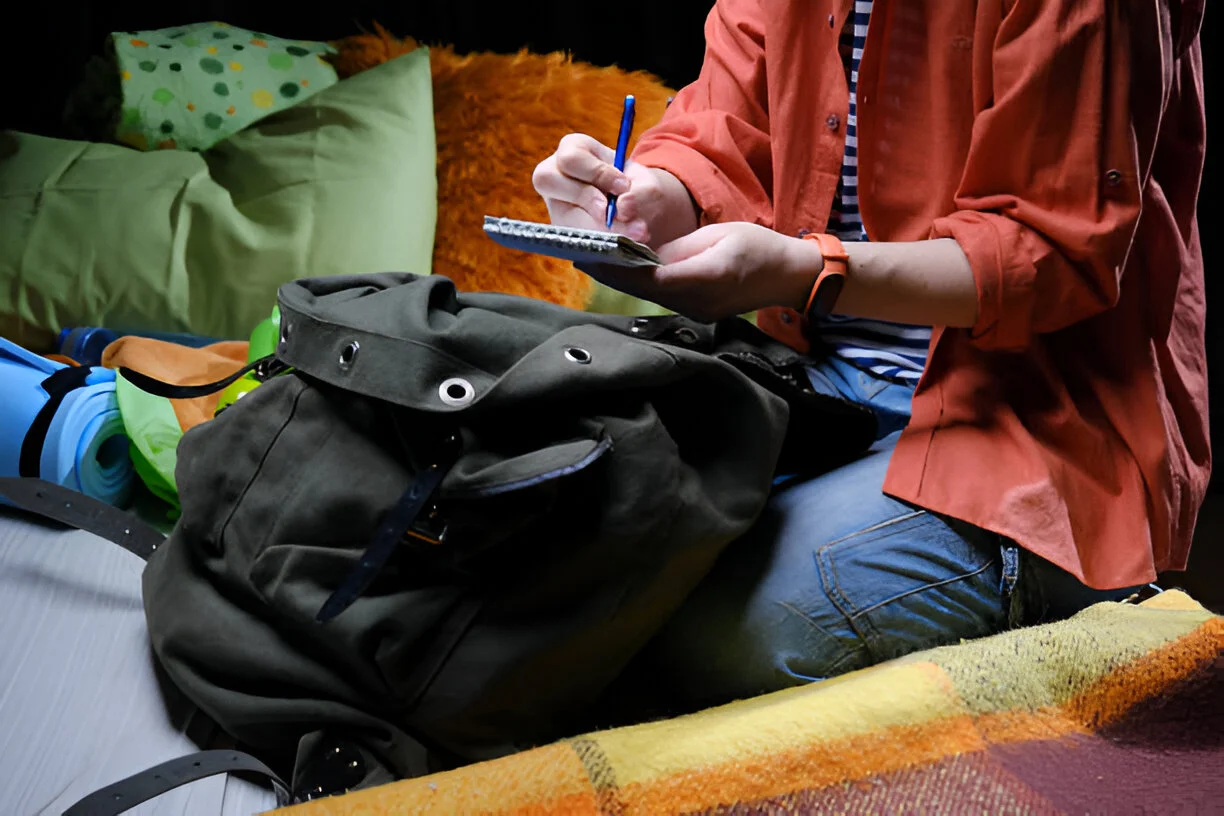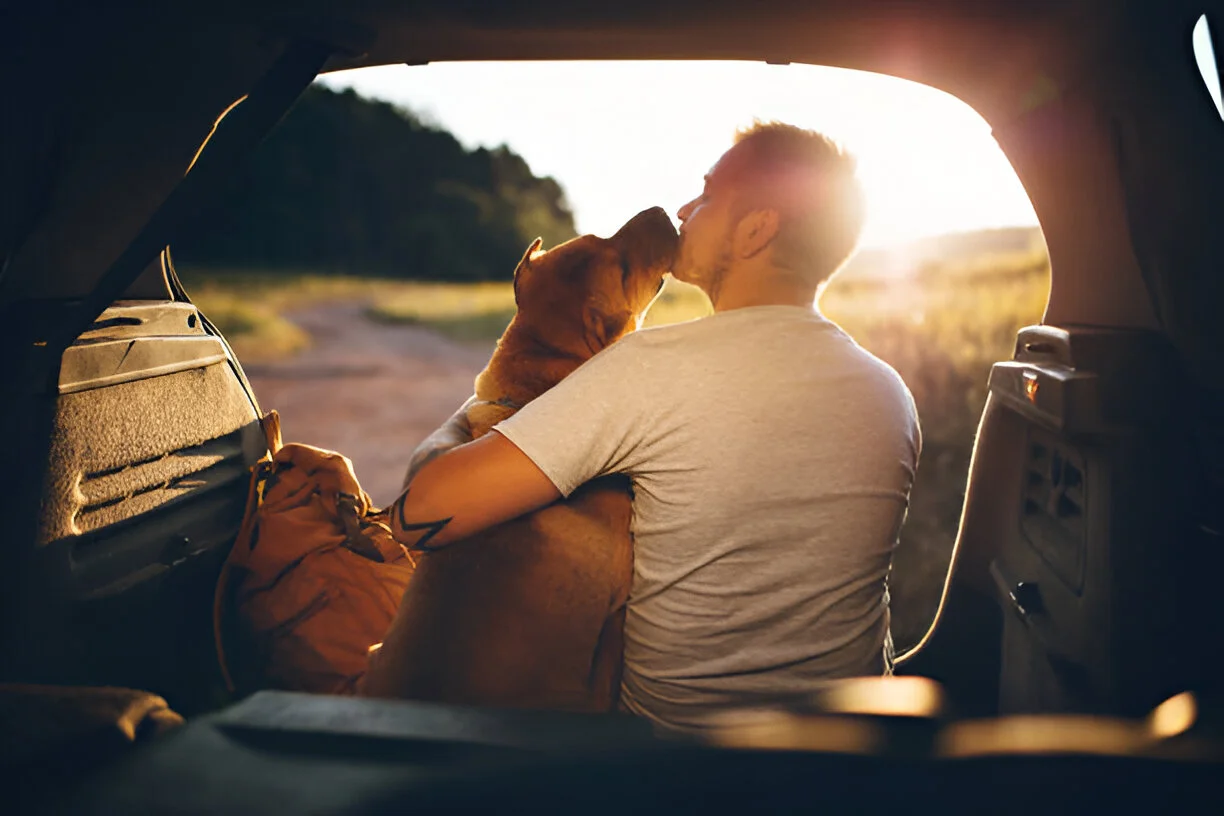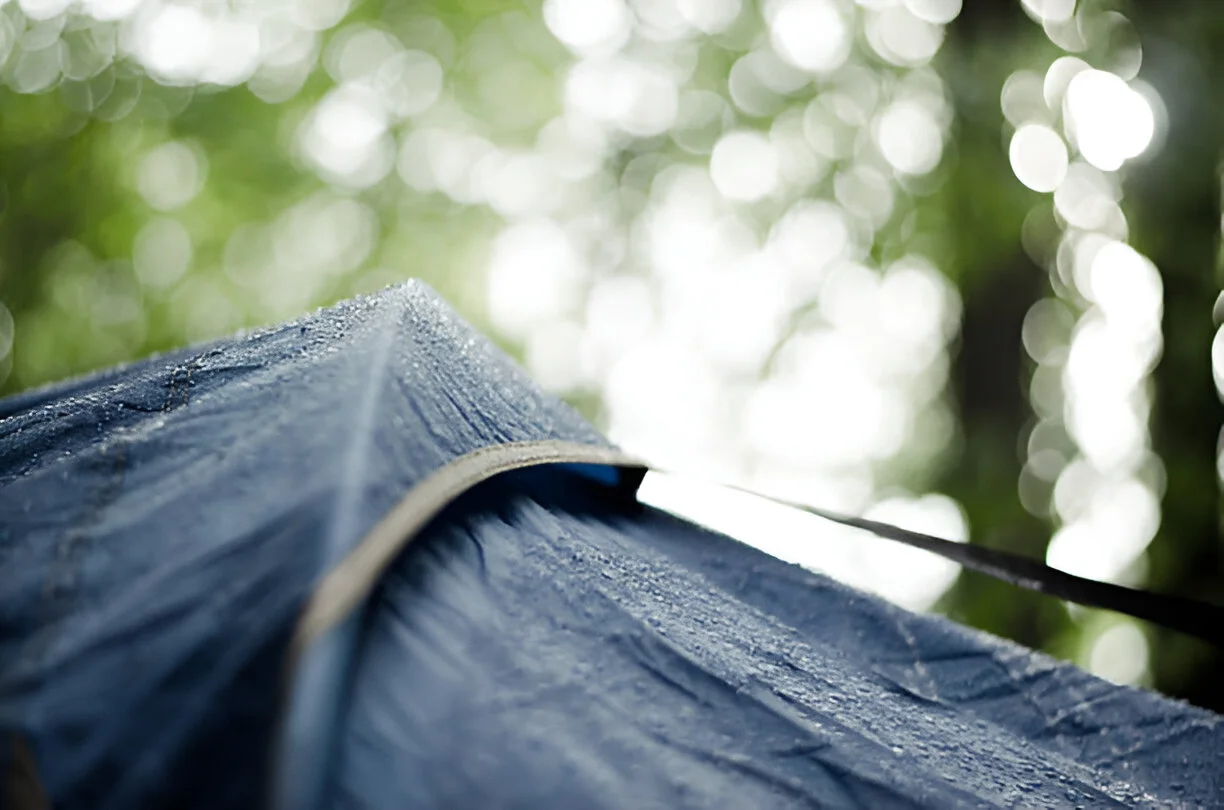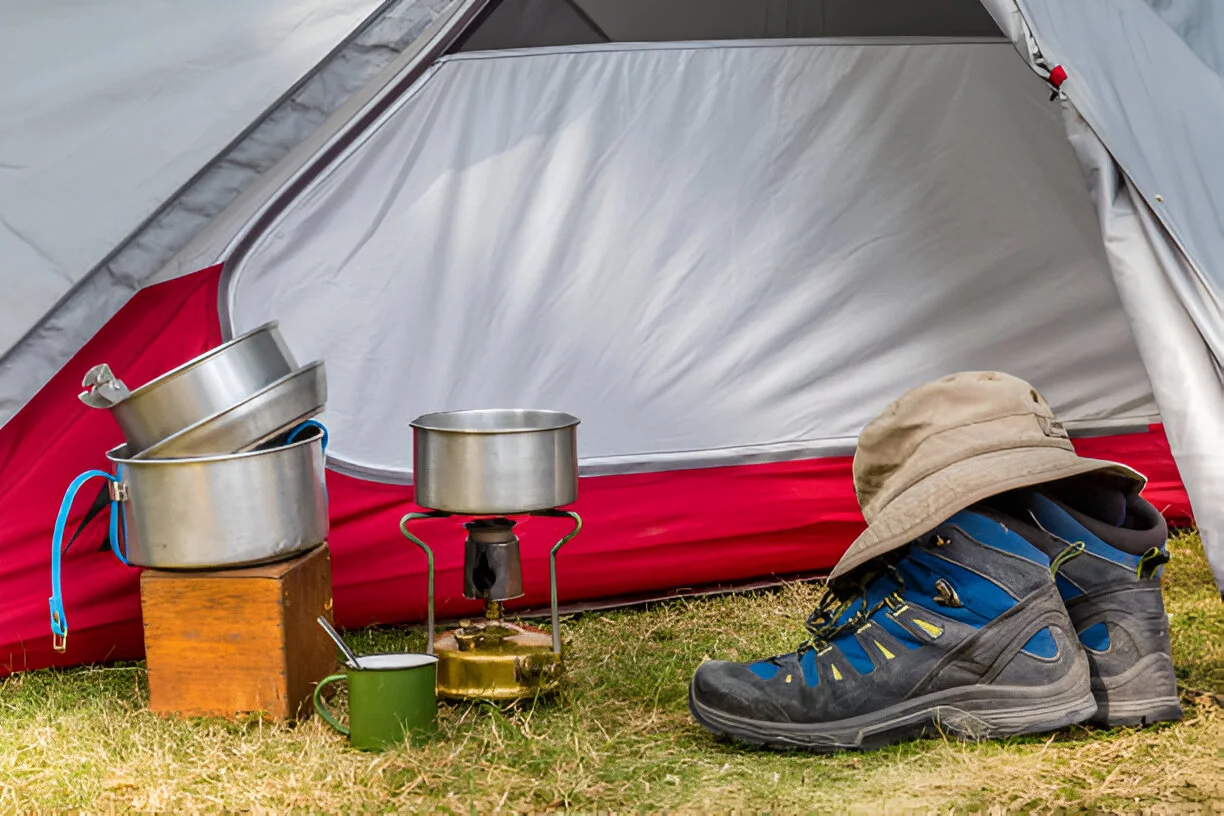So, you’re planning your first camping trip? Exciting stuff! But before you head out to the great outdoors, let’s make sure you’re equipped with the essentials. Camping without the right gear can turn a fun trip into a messy experience. This guide will help you cover all the bases with simple, no-nonsense advice.
Shelter and Sleeping Essentials
You can think of your tent as your “home away from home.” It’s your fortress, your cozy escape from the elements, and yes, maybe even the occasional bug or two. Here’s what you need to know:
Tent Basics
Choosing the Right Type
Not all tents are created equal. Dome tents are compact and easy to set up, while cabin tents give you more headroom. If you’re hiking a bit before setting up camp, consider a backpacking tent that’s lightweight and compact.
Tent Size
Tents often say they’re for “two people,” “four people,” etc., but that can be a squeeze. If you’re camping with gear, go one size up for comfort.
Weather Resistance
Look for tents with waterproofing features and good ventilation. Trust me; you don’t want condensation dripping on you all night!
Sleeping Gear
Sleeping Bag
Sleeping bags come in all shapes and sizes. Check the temperature rating so you’re not freezing at night. Synthetic bags are budget-friendly and handle damp conditions well, while down bags pack lighter but are pricier.
Sleeping Pad or Air Mattress
A good pad or mattress adds comfort and insulation from the cold ground. Foam pads are sturdy and easy, while inflatable options are more comfortable but need a bit of air.
Camping Pillow
Sure, you can bring one from home, but camping pillows are compact, lightweight, and won’t hog space in your pack.
Cooking and Food Preparation
What’s camping without a campfire meal? Here’s what you need to make cooking in the wild easy and safe.
Camp Stove and Cooking Gear
Camp Stove
Campfires are fun, but a camp stove is quick, reliable, and doesn’t depend on dry firewood. Single-burner stoves are compact, while dual-burners offer more flexibility.
Fuel Types
Stoves run on different fuels – propane is easy to find and reliable. Just make sure to pack enough for all your meals!
Cookware
A couple of pots, a frying pan, and a spatula will cover most camping meals. Look for nesting cookware to save space.
Food Storage
Cooler
A good cooler keeps food fresh and prevents spoilage. Choose one based on the number of people and days you’ll be out there.
Bear-Proof Containers
If you’re camping in bear country, you might need a bear-proof container. It keeps animals away and keeps you safer.
Water and Hydration
Water is life, especially when you’re camping.
Water Storage and Filtration
Water Bottles and Hydration Packs
Have enough water containers for drinking and cooking. Hydration packs are handy for hikes, while bottles work well around camp.
Water Filters and Purification Tablets
If you’re near a lake or river, a portable water filter can give you clean drinking water. Purification tablets are easy to pack but take time to work.
| Water Option | Pros | Cons |
|---|---|---|
| Hydration Pack | Convenient for hiking | Limited to backpack use |
| Water Filter | Unlimited water (if near source) | Needs maintenance |
| Purification Tabs | Lightweight and compact | Takes time to purify |
Clothing and Personal Items
Mother Nature is unpredictable. The right clothing will keep you comfortable, rain or shine.
Layered Clothing
Base Layers
These are your “second skin.” Look for moisture-wicking materials that keep you dry. Cotton isn’t the best for this, as it absorbs water and takes forever to dry.
Insulating Layers
A fleece or puffy jacket will keep you warm when it gets chilly. Pack something that’s easy to layer under a rain jacket.
Rain Gear
A waterproof jacket and pants keep you dry. Don’t rely on the forecast; pack these just in case!
Footwear
Hiking Boots
A comfortable, sturdy pair of boots makes a world of difference on rugged trails. Look for ones with good ankle support and a thick sole for rough terrain.
Camp Shoes
After a day of hiking, slip into something comfortable around camp, like lightweight sandals or sneakers.
Personal Hygiene
Biodegradable Soap
Soap that won’t harm the environment is a must. Remember, whatever you use outside should leave as little impact as possible.
Toiletries
Don’t forget your toothbrush, toothpaste, and a small towel. Quick-drying towels are great for camping.
Safety and Navigation
Safety should never be an afterthought.
First Aid Kit
Basic Supplies
Bandages, antiseptic wipes, pain relievers, and a few personal medications are the essentials.
Navigation Tools
Map and Compass
GPS devices are great, but a paper map and compass don’t run out of battery.
Lighting
A headlamp keeps your hands free, while lanterns are nice for lighting up your camp area.
Fire Starting Kit
Matches and Lighters
Waterproof matches and a reliable lighter are camping staples. Pack more than one option in case one fails.
Tools and Repair Kits
You never know what might happen out there.
Multi-Tool
A good multi-tool is invaluable. Most come with scissors, knives, pliers, and other tools that can help you out of a jam.
Duct Tape and Repair Kits
Duct tape can temporarily fix almost anything – tent holes, broken poles, you name it. Pack a small roll.
Comfort and Convenience
Even simple items can bring a lot of comfort to your campsite.
Seating and Tables
Camp Chairs
A sturdy, foldable chair makes sitting around the fire more comfortable.
Camp Table
Some campsites don’t have picnic tables, so a lightweight table can be handy.
Shelter Add-Ons
Tarp or Canopy
Set this up over your tent entrance or cooking area for extra weather protection.
Hammock
For a relaxing afternoon nap or as an alternative sleeping option.
Environmental Considerations
Respecting nature means leaving it just as beautiful as when you arrived.
Leave No Trace
Waste Disposal
Pack out everything you bring in. This includes all trash, leftover food, and even hygiene products.
Campfire Rules
Keep campfires small and only use established fire rings. If there’s a fire ban, follow it strictly.
Wildlife Safety
Food Storage
Store food away from your sleeping area and in sealed containers to avoid attracting wildlife.
Final Thoughts
Prepping for a camping trip might seem like a lot, but once you’re out there, you’ll be glad you covered all your bases. Take a few moments to double-check that you’ve packed everything and that you know how to use it. Camping is all about finding joy in the simple things – being well-prepared will help you relax and enjoy the experience.
Happy camping, and may your nights be as peaceful as the stars above!
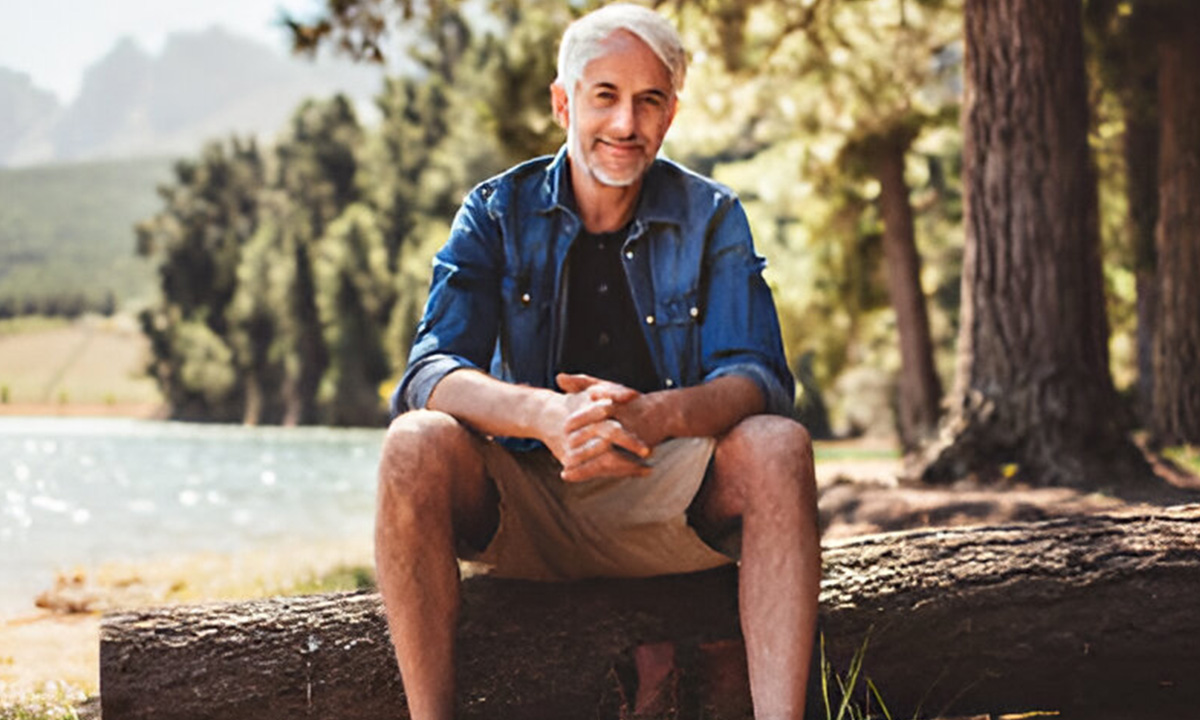
Stanley Morgan is an avid camper and outdoor enthusiast dedicated to making camping accessible and fun for all. With years of experience exploring nature, they share tips, gear advice, and inspiration to help others enjoy unforgettable outdoor adventures.

